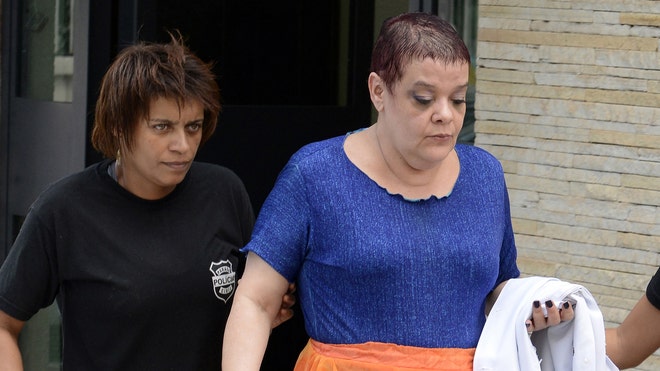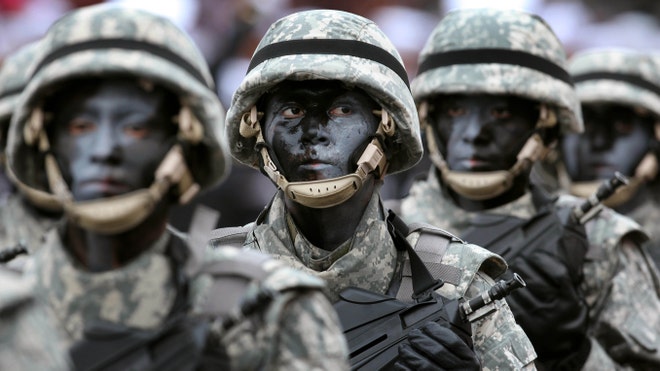By Brendan Oliver Bergh
Impunity Watch Reporter, South America
GUATEMALA CITY , Guatemala – Guatemalan president Otto faces accusations atrocities that would link his command to war crimes and crimes against humanity as the trial of former leader Efrain Rios Montt goes underway.
Rios Montt was indicted in January 2012 on charges related to 15 massacres of the indigenous Ixil people in 1982. Prosecutors have begun the trial by attempting to link this Rrios Montts history of representational inhumanity, and establish how as a general he willfully ignored soldiers who used rape, torture and arson as weapons against rebels. Montt has yet to take the stand, and when he does will be the first Guatemalan former head of state to do so on the charges of genocide and crimes against humanity.
Related to these incidents however was testimony from former army engineer Hugo Reyes that linked current president Otto Perez to war crimes an atrocities during the Guatemalan6g6y civil war. The engineer testified that under Perez’s commanded, soldiers’ intentionally and willfully destroyed property and burned homes and killed unarmed civilians.
These accusations led to statements that President Perez has vehemently rejected, referring to witness’s testimony as “a lie” and refused to comment on the potential testimony.
During the civil war, Perez was known as Major Tito Arias commanded troops along with another officer in northwestern Guatemala. Reyes, testified that the two coordinated the burning of homes and “pulling people out so they could execute them.” He continued by explaining how soldiers would take kidnapped civilians back to the military barracks where they were tortured, killed and then unceremoniously dumped into mass graves.
This is not the first time that Perez’s past as a military officer has led to speculation. When Perez took office, many questioned his participation in the war that took 200,000 people, and lead to the forced disappearance of another 45,000. After his ascension to the presidency, human rights activists questioned whether he would bar efforts to bring army officials accused of war crimes to justice, but beyond the rejection of Reyes testimony, Perez has not gone to lengths to stop the criminal courts from processing war criminals.
It is unknown if this testimony will lead to anything. As a sitting President he enjoys amnesty as a public officials and cannot be subpoenaed.
Reyes has stated that he fears for his life, explaining that he fears retribution from Perez and other military commanders stating “I’m totally sure that they feel nothing in their soul torturing and disappearing someone.”
For more information, please see:
Human Rights Watch – Guatemala Genocide Trial A Landmark – 19 March 2013
Reuters – Guatemalan President Rejects Testimony Linking Him To War Crimes – 5 April 2013
Stabroek News – Witness At Ex-Dictator’s Trial Links Guatemalan President To War Crimes – 5 April 2013
El Tiempo – ‘The Conviction Of Former Dictator Rios Montt Could initiate Reconciliation’ – 5 February 2013



